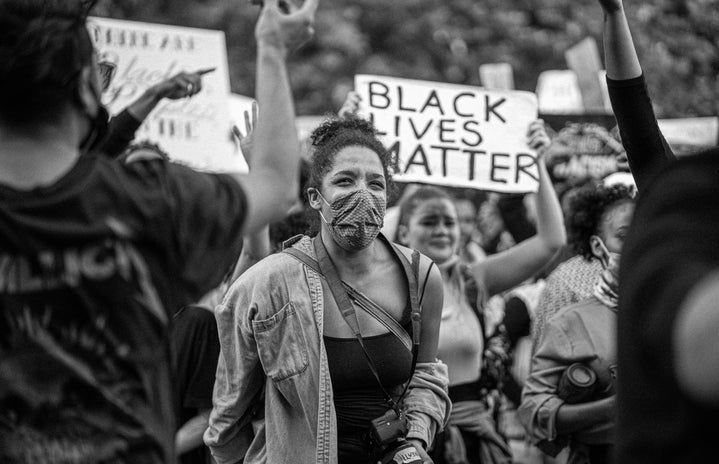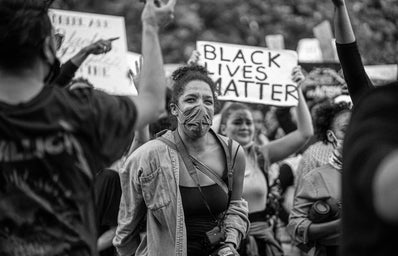As Angela Davis celebrates her 77th birthday this week, we can reflect on her accomplishments and attitudes as a scholar, activist, feminist and communist.
Born in Birmingham, Alabama on January 26th, 1944, her upbringing was anything but conventional. Her mother was a member of SNYC (Southern Negro Youth Congress), an organisation that advanced African American presence in society; they registered votes, organised boycotts against discriminatory work environments and mobilised workers into unions. This political influence on Davis from a young age premeditates her future. Her hometown was subject to many racist attacks from white supremacists’ groups such as the KKK, the most infamous for its horrendous outcome being the 1963 Baptist Church Bombing, in which four young girls died among 20 other fatalities. These victims were Davis’ peers, her friends, she knew their families, their lives. She comments on the bombing in a later interview, uttering ‘we knew that the role of the police was to protect white supremacy’.
Davis gained international attention following her involvement of with Soledad brothers in 1970. The group were inmates at Soledad, who were accused of the murder of a prison guard, however, denied this accusation, arguing that they were being used as a scapegoat. At their hearing, they took hostages, and four people were killed. It was later discovered that the guns used belonged to Angela, and she had been corresponding with them. Davis was charged with ‘aggravated kidnapping and first-degree murder’, and a warrant was issued for her arrest. Davis, of course, was not going to concede that easily, and fled California, staying with friends across the country. She was the third woman ever to be included on the FBI’s most-wanted list, and when she was finally apprehended a few months later, President Nixon commended them for capturing a ‘dangerous terrorist’. Davis maintained that she was innocent of all charges. The response to her arrest was incredible. Organisations were set up for the sole purpose of protesting her release; the slogan ‘Free Angela’ was sung from every town in America. John Lennon and Yoko Ono released the song ‘Angela’, and her case soon gained international attention. After 16 months incarcerated, the jury returned a not guilty verdict, and she was released on bail.
One of her most infamous interviews was recorded during her time in prison. She was asked whether or not she approves of violence practised by the black panther party, to which she responded, ‘You ask me whether I approve of violence?… when someone asks me about violence, I find it incredible because it means the person asking that question has absolutely no idea what black people have gone through and experienced in this country from the time the first black person was kidnapped from the shores of Africa.” Her point articulates the notion that black activists are expected to respond with peace to horrendous violence, and in the instances that they do retaliate, they are harshly apprehended.
Years after the civil rights movement, Davis is still very much active in politics, giving speeches internationally and conducting interviews over video conference. Despite her age, she still remains optimistic about America’s future, her spirit unbroken. She is so important as a feminist civil rights activist as her existence accredits the powerful black women behind the civil rights movement who are often overlooked.



